History
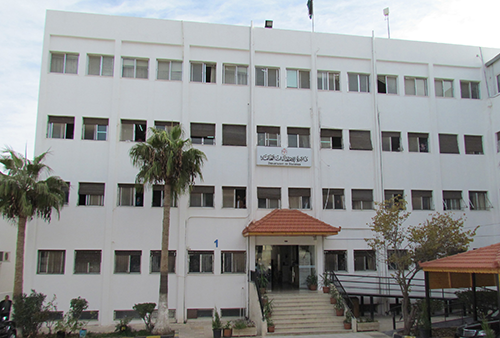
1949
The Department of Statistics (DoS) was established in the late 1949 and assumed its activities in accordance with the Statistics Law No. 24 for the year 1950 which identified its responsibilities and duties.
The DoS began its field and office work with a humble number of employees. During that period, basic statistical data covering the socio – economic aspects in the Kingdom had been produced.

1952
One of the most remarkable statistical activities conducted by the DoS was the first Housing Units Census in 1952, then the National Accounts Estimates in addition to the Statistical Yearbook.
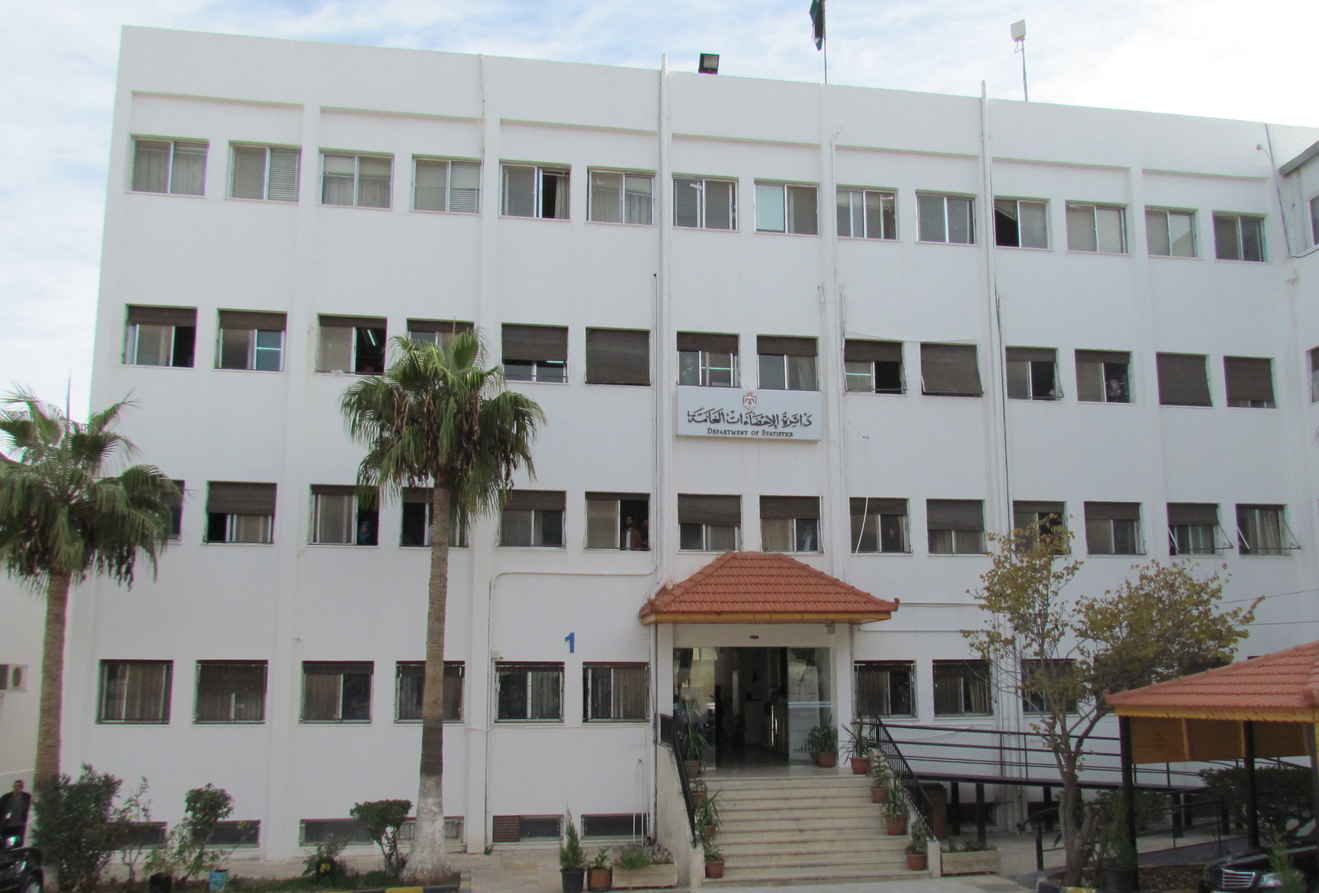
1961
While in the Sixties, the DoS conducted the first Population and Housing Units Census in 1961, in addition to the first Multi-Purpose Households Survey. It also issued many publications for the first time such as the Agricultural Statistics and the External Trade Bulletins. It also carried out the Households Expenditure Survey and constructed the Consumer Price Indices.
The collected data were used to formulate the seven years socio–economic development program in Jordan (1964–1971).
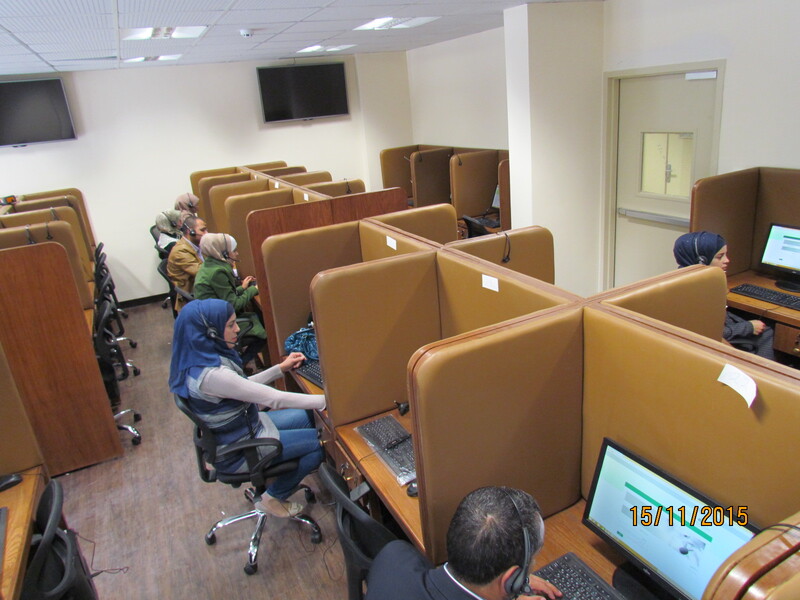
1970s
In the seventies, the DoS focused its efforts on carrying out agricultural, industrial, labour forces, population and housing units censuses in addition to sample surveys which covered households, demographic, social and economic topics. The DoS also implemented the National Fertility Survey for the first time.
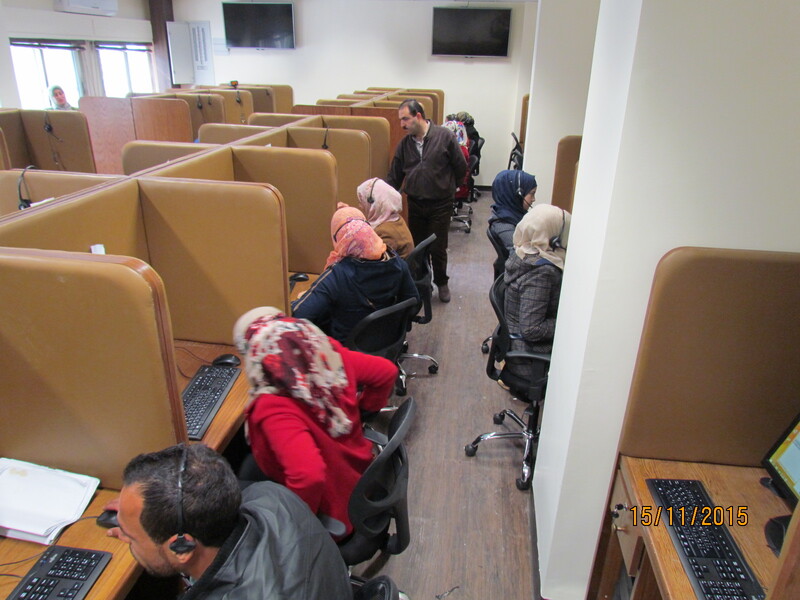
1980s
The decade of the eighties witnessed the comprehensive coverage policy of the economic phenomena by conducting various Agricultural Surveys, the Disabled Survey, the Internal Migration and Returnees Survey. This decade was characterized by improving various economic statistics in accordance with the rules, standards and recommendations issued by the UN and other international organizations. New surveys were also added to the DoS activities such as the Constructions, Services and Commercial Establishments Survey.
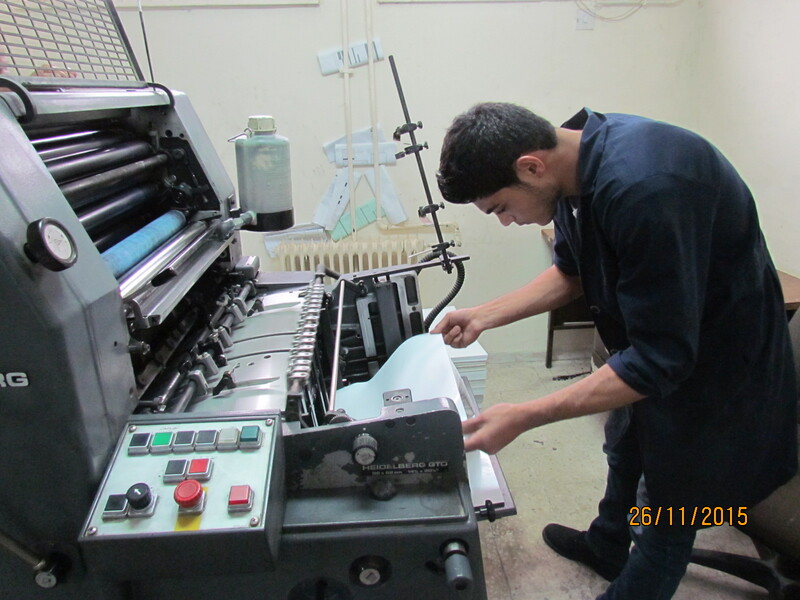
1990s
The last decade of the previous century witnessed a big leap in information technology to facilitate the process of extracting the statistical data and employing it in policy making, decision taking and carrying out specialized studies in various fields. During the same period, extensive efforts were made in forging links of cooperation and coordination with all national institutions which collect and use statistical data. It allowed to save time, efforts, and money. The DoS also assigned special importance on the process of statistical analysis since it believes in the futility of mere abstract figures.
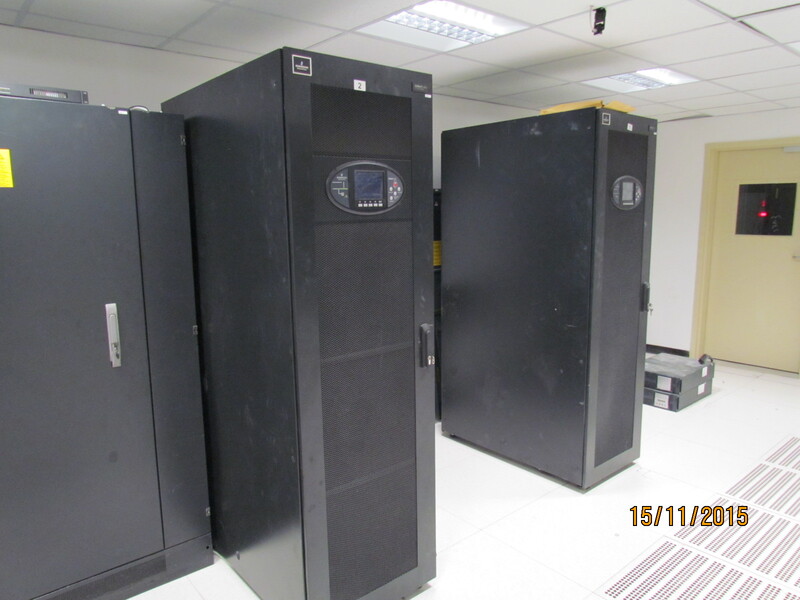
2000s
During the first years of this millennium, the DoS has focused its efforts on enhancement of statistical capacity, including the infrastructures and human resources. It assigned special importance on enhancing statistical awareness among the public which is positively reflected on the quality of statistical products. It also worked on strengthening contacts with data users through employing all available means of communications for maintaining links of trust with them.

2010
The Department of Statistics (DoS) is considered by law as the official party to collect and disseminate the demographic, social, economic and agricultural statistics. In this respect, it has begun the process of unifying the statistical figure in Jordan and developing the administrative records through mutual agreements with the ministries and government institutions with the aim to develop the statistical system in Jordan. The importance of the statistical figure has increased considerably whether from the government perspective (for planning and programs evaluation) or by the private sector who use the figures extensively for research, analysis and decision-making.
The (DoS) endeavors always to develop data collection, analysis and dissemination methods and work methodologies in line with international standards through enhancing the capacity of employees, strengthening of cooperation and coordination with international organizations such as; the UN organizations, the WB, the IMF, PARIS 21 and the MedStat. It is worthy to mention here that Jordan was the fourth Arab country to join the SDDS (Special Data Dissemination System) in 2010 for timely release of data. Jordan has also benefited widely from the (Med Stat) programs.
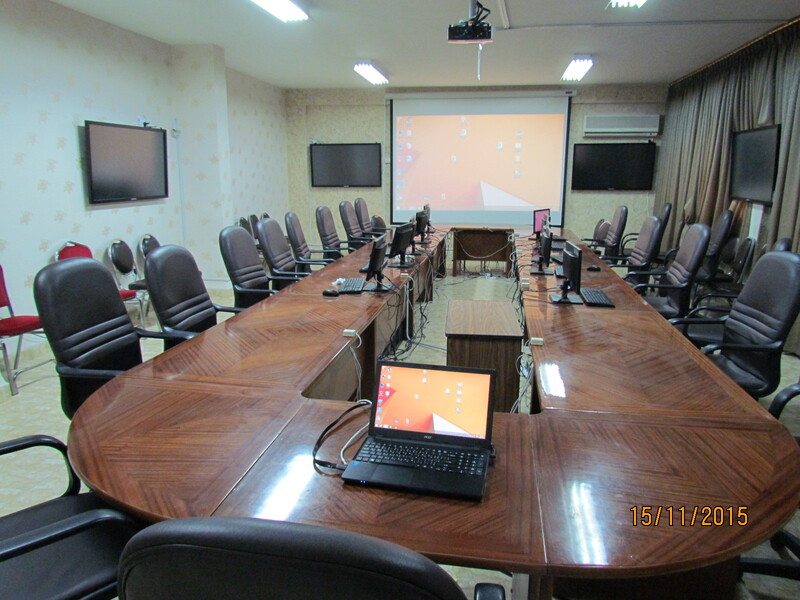
2015
Although the most important developments witnessed by the Department of Statistics (DoS) since its establishment are enormous and difficult to count, but the (DoS) has undergone a qualitative leap over the past two years which has strengthened its international role as a statistical organization competing for leadership in the data collection and dissemination through best practices and adopted methodologies. This was proved by the (DoS) through implementation of the General Population and Housing Census – 2015 electronically at all stages. This experiment has put the (DoS) among the world’s leading statistical organizations in comprehensive adoption of the electronic method of data collection and echoed methodically on the implementation of censuses and surveys in several countries. Accordingly, the Jordanian population census became a leading model and a reference in conferences, workshops and meetings in the international statistical forums. It has also become the basis for implementation of all censuses and surveys to be conducted by the (DoS) in the future due to its positive impact on data accuracy and direct field monitoring in data collection , quick processing and release of results.

2022-2018
The (DoS) is also striving to prepare the National Statistical Strategy 2018- 2022 in cooperation with the main partners with the aim to improve the quality and use of data, focusing on the role of institutional development in order to arrive at objective decisions concerning various issues ( restructuring, strengthening the capacities of our human resources and attracting qualified candidates). The Strategy will help to standardize statistical methodologies for all statistical figure- producing partner institutions in order to maintain data quality. Other aims of the strategy include meeting the needs for new data in various sectors which constitute a challenge to the overall development in Jordan and to identify priorities in accordance with the availability of financial allocations and technical capabilities in the (DoS). The strategy aims also to develop the administrative records in cooperation and coordination with partner institutions for obtaining accurate data, saving if time and efforts and to strengthen statistical analysis.

